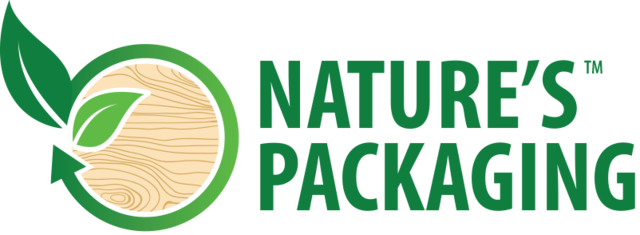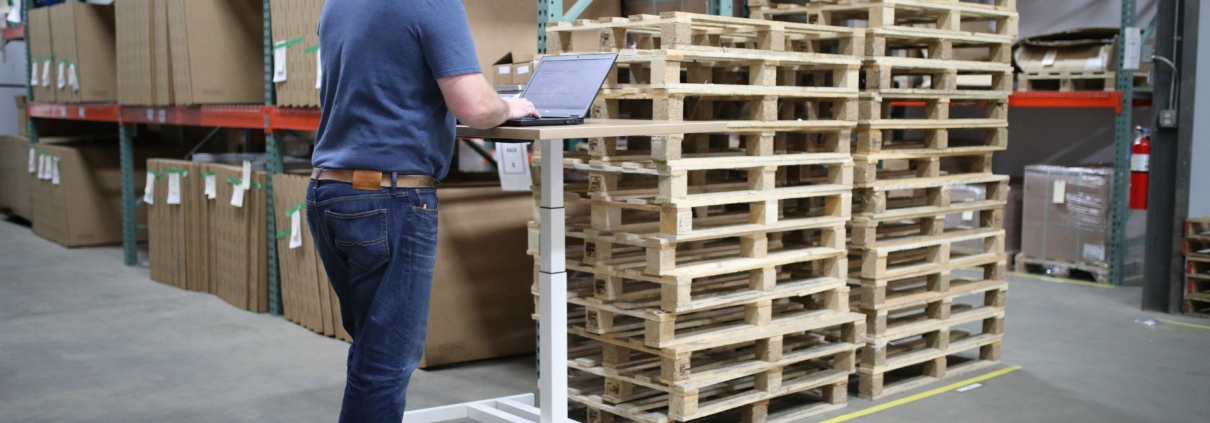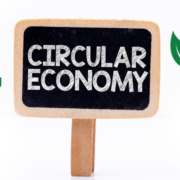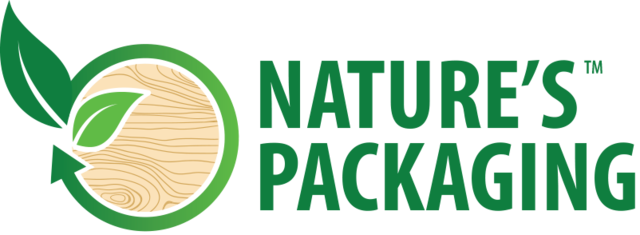Are You Ready for Sustainability Scoring?
For many companies, the economic downturn in 2020 meant that sustainability was less important than survival. Supply chains were tested, shocked, and stretched with the results being an extended wait for critical replenishment or empty shelves altogether.
The need for sustainable policies didn’t evaporate as businesses continued to call for mitigating their impact on the environment. However, keeping the lights on became the number one priority.
As the country begins to return to some sense of normalcy with the coronavirus pandemic receding and companies in recovery mode, many are looking to renew their pledge to sustainability in the supply chain. Prompted by climate change predictions that are growing increasingly extreme, they are implementing changes with a restored sense of urgency.
To accelerate their aims, many companies are utilizing third party sources to evaluate their operations in regard to sustainability. As the pallet industry can be a vital piece in these efforts, many providers in our industry are getting questions from customers about sustainable practices or are learning more about these ratings. In today’s blog post at Nature’s Packaging, we will take a look at one of these popular third-party sources that customers use to help rate and score their sustainability commitments, a company known as EcoVadis.
Sustainability Scoring-EcoVadis
To date, EcoVadis has rated over 75,000 companies worldwide. They provide a multi-dimensional sustainability rating of companies. The EcoVadis sustainability process is based on 7 core principles that are designed to measure the quality of a company’s sustainability policies, actions, and results.
- Evidence Based – supporting documents are a critical burden of proof. These can be certifications, policy documents, reporting KPI’s. Credit is given only where evidence is provided.
- Industry, Location, and Size – sustainability management is evaluated considering material industry issues, presence in risk countries, and the size and geographical footprint of the company.
- Diversification of Sources – in addition to the evidence based internal supporting documents, the viewpoint of organizations around the company are taken into consideration. These can be trade unions, local authorities, and other third-party organizations that work with the company.
- Technology – a rating system can only become reliable if supported by technology. Technology is the key to learning, growth, and scalability.
- Assessment by International Sustainability Experts – supporting documents are analyzed by a team of sustainability experts who keep track of the latest best practices in sustainability.
- Traceability and Transparency – every document used in the rating process is stored securely and can be traced back. Rated companies have access, if needed, to the most detailed results and to each scoring decision.
- Excellence Through Continuous Improvement – A professional rating methodology is open to quality controls, continuous improvement, and feedback from stakeholders.
*from EcoVadis Ratings Methodology Overview and Principles
The assessment considers a range of sustainability issues, which are grouped into four broad themes:
- Environment
- Labor and Human Rights
- Ethics
- Sustainable Procurement
The evidence-based assessments are distilled into scorecards, providing zero to one hundred (0-100) scores when applicable.
- 85-100 Outstanding
- 65-84 Advanced
- 45-64 Good
- 25-44 Partial
- 0-24 Insufficient
The scorecards provide direction on strengths and areas that may need improvement. The rated companies can use their scorecards to focus efforts and evolve plans that improve their sustainability performance. A rated company can also compare their score to benchmarks in their industry.
Through their services, EcoVadis provides a platform that drives companies to collaborate with their supplier/partners and have them rated as well. All devised to propel continuous improvement in a company’s sustainability program and bring it to a more comprehensive level.
The sustainable supply chain is a strategic directive for many executive leaders. The benefits of achieving supply chain sustainability are numerous. It can reduce the risk of disruption, serve as a guard for brand reputation, lower costs through collaboration with upstream and downstream participants, and add a significant market advantage with consumers who are much more aware of a company’s efforts to implement a green and responsible supply chain.
For our part, the pallet industry doesn’t struggle with sustainability, we embrace it. The ability to incorporate wood products and processes into a customer’s sustainability goals makes for an easy win when it comes to policies in a company green supply chain. As a service provider to companies that utilize third-party sources like EcoVadis, we have many resources available that will help provide that necessary evidence-based documentation. Visit the NWPCA’s website to learn more, download those important documents, and be ready when your customers talk to you about sustainability ratings and scorecards.












